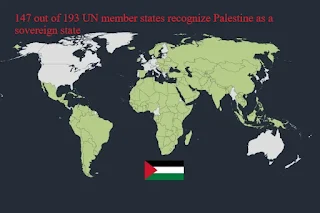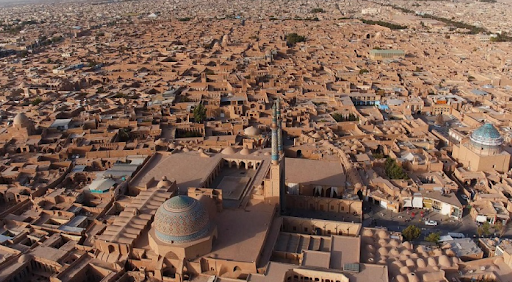
Israeli Airstrike in Doha Sparks Global Condemnation and Regional Upheaval
DOHA, QATAR – In a dramatic and unprecedented escalation that has sent shockwaves across the Middle East and the world, Israel launched a military strike on the capital of Qatar yesterday, targeting and killing senior leaders of the Palestinian militant group Hamas. The attack, which violated the airspace of multiple sovereign nations, has been universally condemned as a severe breach of international law and has critically damaged diplomatic efforts to end the war in Gaza, potentially signaling a major realignment of global power in the region.
The operation, codenamed "Summit of Fire" by the Israeli military, saw warplanes travel approximately 1,800 kilometers to reach Doha. According to reports from Arab media outlets, the Israeli Air Force breached the airspace of Jordan, Saudi Arabia, Iraq, and Syria to reach its target. Once over the Qatari capital, the jets fired missiles at a residential compound housing members of Hamas's political bureau, who were in the country for talks. A Qatari security official was also reported killed in the attack.The timing of the strike is seen by many observers as highly significant. It came just one day after the US President publicly issued a new proposal for a Gaza ceasefire deal, urging Hamas to accept it or "face consequences." With top Hamas leadership gathered in Doha—a key mediator throughout the conflict—to discuss the very proposal, the Israeli attack has led to widespread accusations that the diplomatic effort was a trap designed to eliminate the group's leadership in one fell swoop.
"This, as many observers noted, suggested that it might have been a trap to kill all Hamas top leadership, and that destroys US credibility as an honest broker of deals for peace," a point echoed by numerous diplomatic sources. The incident has placed the United States in a deeply awkward position, raising serious questions about its foreknowledge and role in the event.
Further intensifying the crisis is the glaring question of the massive US military presence in Qatar. Al-Udeid Air Base, the largest US military installation in the Middle East, houses advanced defense systems. The failure of these systems to intercept the Israeli aircraft or to provide Qatar with an early warning has sparked a crisis of confidence in Doha.
"The US not to use those defense resources to defend Qatar or at least warn it, suggests that US presence in Qatar is useless and does not provide any protection to Qatar," a consensus view emerging in the region. This perception was seemingly acknowledged by the US administration itself, with the President announcing he had ordered the State Department to finalize a new strategic defense deal with Qatar, an move interpreted as damage control for a severely weakened alliance.
The strategic ramifications are immediate. Global powers Russia and China were swift and forceful in their condemnation. They warned of a dangerous escalation and accused Israel of deliberately sabotaging peace negotiations. Analysts suggest that Qatar, now questioning the value of its US security umbrella, may rapidly pivot towards Moscow and Beijing for advanced defense systems, a move that would fundamentally alter the security architecture of the Gulf and could spell the end of the US military footprint in Qatar.The attack also strains relations within the Gulf Cooperation Council (GCC), which promises collective security to its members. By violating the airspace of fellow GCC member Saudi Arabia to attack another member state, Israel has placed these US-allied nations in a difficult position, forcing them to confront a blatant violation of their sovereignty.
Global Outcry and Condemnation
The international response was swift and severe:
United Nations: Secretary-General António Guterres condemned the attack "without ambiguity," calling it a "flagrant violation of the sovereignty of Qatar" and a blow to mediation efforts.
Russia: Its foreign ministry stated the attack aimed to "undermine international efforts to reach a peaceful settlement in the Middle East."
China: Expressed "strong dissatisfaction with the deliberate sabotage of the Gaza ceasefire negotiations" and urged major countries to play a "constructive role in easing regional tensions."
European Union: Denounced the strike as a "violation of international law" and a "serious threat that could further escalate violence in the region."
Turkey: President Recep Tayyip Erdoğan decried the "reckless Netanyahu government" for its actions.
Organization of Islamic Cooperation: Denounced the aggression "in the strongest terms."
Qatar issued a furious statement, vowing it "would not tolerate this reckless Israeli behavior" and emphasizing that the "criminal assault is a violation of all international laws and a serious threat to the security and safety of Qataris and residents."
The strike marks a dangerous new chapter in the Gaza conflict, moving the battlefield into the heart of a mediator's capital and risking a much broader regional war. It has not only targeted Hamas leadership but has also severely damaged America's standing as a security partner and honest broker, potentially creating a vacuum that rivals Russia and China are poised to fill.





























































